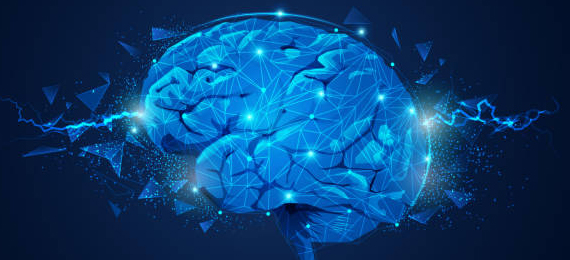
You are walking through a road, and suddenly you feel like you have already been there before – even though you haven’t. And then it’s gone just like that. That feeling is called deja vu. Deja vu reasons are many, it can happen to anyone, people who watch a lot of movies or who travel a lot can experience it. Research says that deja vu is also a symptom of high levels of anxiety.
What does Déjà vu mean
Déjà vu is pronounced as day-that voo, a French word called “already seen”. There are two types of déjà vu: the pathological and non-pathological type. Pathological déjà vu is usually associated with epilepsy or that which, when unusually associated with other symptoms such as hallucinations, may be an indicator of neurological or psychiatric illness.
The non-pathological type will affect healthy people too and about two-thirds of the people have had deja vu experiences. People who watch more movies or who travel a lot are more likely to experience déjà vu than others. Furthermore, people also tend to experience déjà vu more in fragile conditions or under high pressure, and research shows that the experience of déjà vu also decreases with age.
1. What Is the Opposite of Deja Vu?
- A. Jamais Vu
- B. Dejanim
- C. Jamaivu
- D. None of the above
Also Read: America’s Most Mysterious Places
What Causes Déjà Vu?
A healthy brain can also experience déjà vu. This feeling may happen to people who travel often and have college or advanced degrees. And it can peak in young adulthood, but gradually go away with age.
People who are more stressed out tend to experience déjà vu more. This is probably because fatigue and stress are connected with what likely causes most cases of déjà vu moments.
What Is Déjà VU a Symptom Of?
Research shows that there may be a link between high levels of anxiety and intensity of déjà vu. And also déjà vu commonly happens before a focal seizure. The symptoms are:
- Loss of muscle control
- Hallucination
- Repeated blinking or grunting
- Rush in emotion
Also Read: The Story Behind Wearing Scary Halloween Costumes
Medical Reasons for Déjà Vu?
Déjà vu, that eerie feeling of having experienced something before, can be caused by a couple of different things.
In most cases, it’s not a sign of anything serious.
- Normal Brain Function:
Memory Glitch: Most experts agree that déjà vu is caused by an error in memory creation. Occasionally, something may happen that activates an area of the brain that specializes in recognition as though it were a remembrance, resulting in a sensation of I have done it.
- Stress and Fatigue:
Brain Drain: Being worn out and stressed are also a few of the reasons why people may have déjà vu. This is because when the mind is too tired or overwhelmed, such mistakes can easily occur.
Is déjà vu normal?
Yes, it’s something very common – research suggests that between 60% and 80% of people have experienced it at some point. In youngsters more often than not but much less as we grow older it’s happening.” Thus, that eerie feeling sometimes arises simply because your mind has made a small mistake while processing its events.
When déjà vu signals a problem
Déjà vu itself isn’t usually a cause for concern.
However, in some rare cases, it can be a sign of an underlying medical condition. Here’s what to watch out for:
Frequency: If you often find yourself in a situation where you face the same things, then you should visit a doctor to ascertain if there are any health problems associated with this occurrence.
Accompanying Symptoms: Another neurological symptom along with Deja vu that confuses patients is headache-Loss of consciousness-Collapse-Convulsion-Shaking can show you have trouble especially if you suddenly lose control of your muscles in one part of your body. Do not ignore such events because they might be a sign of stroke-Acute blood flow disruptions caused by blockage are what causes dementia-Alzheimer’s among US citizens today
Intensity: Extreme déjà vu episodes are cause for alarm, especially when they interfere with your daily life.
When to See a Doctor:
However, in rare cases, déjà vu can be a sign of an underlying medical condition, such as:
Temporal Lobe “Individuals who have epilepsy, especially temporal lobe epilepsy are likely to undergo déjà vu before they have a seizure. This area is responsible for memory changing and therefore, abnormal electrical signals are generated for this reason resulting in the feeling that one has been here before.”
Migraines: Deja vu can be a symptom of migraines as well, especially when aura episodes come up when one sees things just before the headache begins.
Dementia: Dementia often accompanies persistent senses of experiencing similar situations many times. In some occasions when déjà vu keeps reoccurring, patients suffering from dementia will prolong their déjà vu effect by fabricating and associating it with an untrue memory.